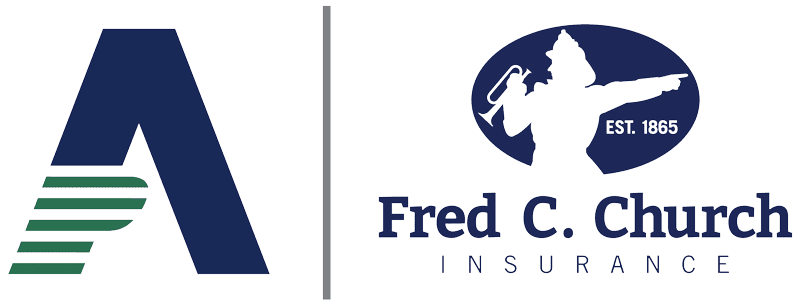Ask Us Anything
Do you have questions about your home insurance?
Whether we’re working with a first-time homebuyer or someone who has been a homeowner for years, the same types of questions often arise about home insurance. For this reason, we have put together a list of the most common questions our team has heard, as well as new and pressing concerns, like “Does homeowners insurance include protection against cybercriminals?” While Fred C. Church provides answers below, please know that we are just a phone call or email away if you would like personal assistance with all your home insurance needs.
While there are many important coverage areas that make up your homeowners policy, establishing sufficient Dwelling Coverage should always be the top priority for you and your insurance professional. This is the coverage area that is designed to help you rebuild your home if it is struck by a disaster, like a fire or severe weather event. Unfortunately, fewer than half of all homeowners in America actually have the proper amount of Dwelling Coverage. Determining the amount of Dwelling Coverage you need should involve a thorough review of a number of factors that could affect the cost of rebuilding your home, including:
- Square footage and architectural style
- Number of bathrooms
- Type of roof materials
- Any special features, such as fireplaces, exterior trim, or arched windows, etc.
- Improvements you’ve made since moving in
- Age of your home
- And more…
At Fred C. Church, we also account for local construction costs and the price of building materials specific to your zip code, not only in the present but also what they may be in the future. If your current agent has not asked to revisit your Dwelling Coverage with you in the past year, we would welcome the opportunity to analyze your protection and to help you feel confident that your home and everything in it is properly insured.
If someone is injured on your property or you are responsible for damage to another’s property, the Liability Coverage in your homeowners policy is the area that should help you pay for many of the costs associated with a potential lawsuit. Additionally, Liability Coverage often grants you protection in situations where an accident happens outside of your home and causes bodily injury or property damage, as long as it is unintentional. This coverage should apply whether an incident is caused by you, another family member in your household, or even a pet. Liability Coverage is not just an important asset protection against third-party injury or property damage claims; it can also protect you from suits brought against you or a family member for defamation, libel, slander, cyberbullying activities, and much more. In today’s litigious society, it is more important than ever to work with an experienced insurance professional and risk management resource, like Fred C. Church, who will help you establish the level of Liability Coverage for your specific situation. In the event that you need Liability Coverage over and above what your home insurance offers, we may recommend you invest in a personal umbrella insurance policy, which can help you address the factors that put you at higher risk for a lawsuit.
The standard homeowners policy does include a coverage section called “Other Structures.” This portion of your policy should list all the structures on your property, other than your house, that are protected by your insurance, including:
- Fences
- Sheds
- Detached Garages
- Pools and Pool Houses
- Greenhouses
- Guest Cottages
- Gazebos
- Barns and Stables
- Collector Car Garages
- Boats
Additionally, coverage for your landscaping, like trees, shrubs, and plants, as well as your “hardscaping,” like retaining walls, patios, sport courts, and driveways, are also intended to be covered under the Other Structures portion of a home insurance policy. However, some carriers may have sub-limits for trees and shrubs. In a standard homeowners policy, Other Structures are protected against the same risks as your house, including damage caused by fire, theft, vandalism, and severe weather. If repairs need to be made to a structure on your property due to a covered peril, then not only could your homeowners insurance pay for the work that needs to be done to the building itself, but also for any personal belongings inside that were ruined.
To determine whether or not your standard homeowners policy will cover the removal of a tree on your property, you will have to answer these questions for your insurance provider:
- Did the tree fall on your home, or another structure on your property, causing damage?
- Did the tree fall as a result of bad weather conditions, like strong winds, heavy snow, lightning, hail and ice, or another covered event?
- Was your fallen tree well taken care of prior to this event – e.g., dead branches were regularly trimmed, invasive plants were kept away, plenty of watering during dry periods, etc.?
If you answer all of these questions with a “yes,” then it is very likely that your home insurance coverage will help you pay to remove the tree that has fallen and damaged your property. Depending on your insurer, the coverage amount per tree may be as much as $1,000. In addition, your homeowners should reimburse you for the cost of repairing any damages to structures and personal belongings that were caused by the tree. If the fallen tree – whether from your yard or a neighboring one – did not affect any structures on your property, then your insurer is probably not going to help pay for any costs related to removing it. Some carriers will make an exception for trees that fall and are blocking your driveway or a ramp, but again this depends on your specific provider.
Whether you’re overhauling a kitchen or a bathroom, investing in a makeover to your home’s exterior, or upgrading all your home systems to make them “smart,” it would be a good idea for you to let your insurance agent know. Several of today’s most common home renovations not only increase a home’s resale value, but also its replacement cost. If disaster does strike, you want to be comfortable with the amount of coverage you have in place to rebuild your home with the same quality materials that you are using for your improvements. So, if you are making significant renovations or upgrades to your home, it’s important to speak with your insurance professional about recalculating your home’s replacement cost. We also strongly recommend that you keep detailed documentation of every repair, upgrade, or change you make to your house. Additionally, we suggest taking pictures or a video of your entire home’s interior and exterior elements and storing copies of these materials at an offsite location. That way, rather than having to recall everything from memory, you can just share these images with your insurance professional if you ever need to file a claim.
While a standard home insurance policy generally provides some coverage for more expensive items, such as luxury watches, designer handbags, wine and art collections, or sports memorabilia, the protection is typically limited. Sometimes coverage is only up to a defined dollar amount; other times protection is only valid for certain types of events, like fire or theft, but not for accidental damage or loss. For this reason, whether you have just a few pieces of fine jewelry or have accumulated a variety of valuable collectible items, it’s very likely that you require additional insurance to make sure you can fully repair or replace these possessions if anything happens to them. To better protect your high-value belongings, your insurance professional should recommend that you consider adding a special endorsement, called Scheduled Personal Property coverage, to your homeowners policy. By listing out each of your expensive belongings on this endorsement, you should be insured up to their appraised value. In addition, with this add-on insurance option, you should get broad coverage for a wide variety of incidents that can ruin your valuables. Plus, any claims you do make should not be subject to a deductible. It is also critical to get periodic appraisals for the expensive items and collections in your home, and to share this information with your insurance professional.
Our Blog
Relevant News & Helpful Tips
Client Success Stories
Here is how our people have helped other people achieve their goals.
Everyone I have ever dealt with at Fred C. Church has always provided me with the best service, and that continued today. You were helpful, kind, and so prompt with getting me what I needed, and I appreciate it so much!
Thank you very much for all your help with my Dad’s car insurance needs as well as my own insurance. Awesome service!
You are SO wonderful. Thank you for being the best agent. Much, much appreciated. 🙂
You are all experts in your field and you made my worries go away in minutes. I truly appreciate you and all the staff.
You probably get tired of me saying this, but thanks again for all your help. You made the whole process go so smoothly. Again, I thank you.
If you are looking for knowledgeable people who can walk you through the most complex insurance matter, these guys are for you! Good listeners, problem solvers, careful and comprehensive. They aren’t kidding: people do come first here. Five stars is not enough.
Super helpful and available folks. Awesome place!
I have never viewed an insurance agent like a close trusted financial professional such as my accountant, lawyer or financial advisor but always felt maybe I was missing something. Now I know that I was missing out and that I have filled this gap at the same time.






